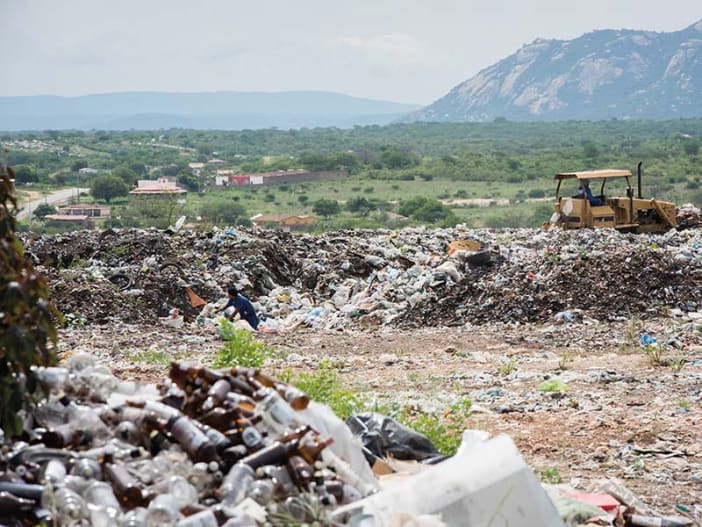Climate change affects the whole earth, but it is the world’s poorest people – who contribute least to global warming – who will suffer the most. Since the early 1980s, scientists have been predicting the serious consequences of climate change and raising the need to take action. Climate change will put 100 million more people at risk of hunger by 2080 – with 80% of them in Africa.
The Intergovernmental Panel on Climate Change (IPCC) was established in 1988, bringing together 2,500 of the world’s top scientists, and has produced three detailed scientific reports. Each year the United Nations hosts a major conference on climate change – the Conference of the Parties (COP). At a conference in Rio de Janeiro in 1992, 188 governments agreed to reduce their emissions of greenhouse gases. However, these agreements were not legally binding so this was followed by the Kyoto protocol, agreed at COP3 in 1997 and signed by 141 countries in 2005 after years of difficult negotiations. There is particular concern that the United States, (which emits the highest level of greenhouse gases per person), has refused to sign up to the Kyoto protocol, and that many of the signatories are failing to meet their targets.
Countries can meet their targets by directly reducing emissions of greenhouse gases or by creating carbon ‘sinks’ that absorb carbon dioxide from the atmosphere (for example by planting forests). They are also encouraged to promote investment in renewable energy, to help poorer countries develop without fossil fuels and to ‘trade’ in carbon emissions by paying countries with low emissions for their ‘quota’ of carbon. In addition, developed countries have made agreements to invest in special ‘adaptation funds’ to help developing countries adapt to the impact of climate change.
These decisions are moving in the right direction, but painfully slowly. Time is not on our side. The more delays in taking decisive action, the more global temperatures will rise – and the more serious the impacts will be. Carbon dioxide has a long life. Once in the atmosphere, it remains there for 200 years. We are already much too late to undo the damage of climate change – all we can do is to lessen the impact.
Managing scarce water resources is increasingly important, yet few countries have an integrated plan.
At the recent climate change conference in Nairobi (COP 12), few significant decisions were made. Before the conference Kofi Annan, UN Secretary- General, said: ‘Until we acknowledge the all-encompassing nature of the threat, our response will fall short.’ After the conference, Bishop Paul Mususu from the Evangelical Fellowship of Zambia commented: ‘I did not expect such weak action on African soil after all the promises about emissions cuts from rich countries. Millions of people on this continent are vulnerable to the droughts, floods and erratic rains that come with a changing climate. We need urgent action!’
Please do all you can to raise awareness of this issue by talking to others about it and writing to your leaders asking that they take action.
Please contact the Advocacy Group at Tearfund for more information about taking action. Email: [email protected]









